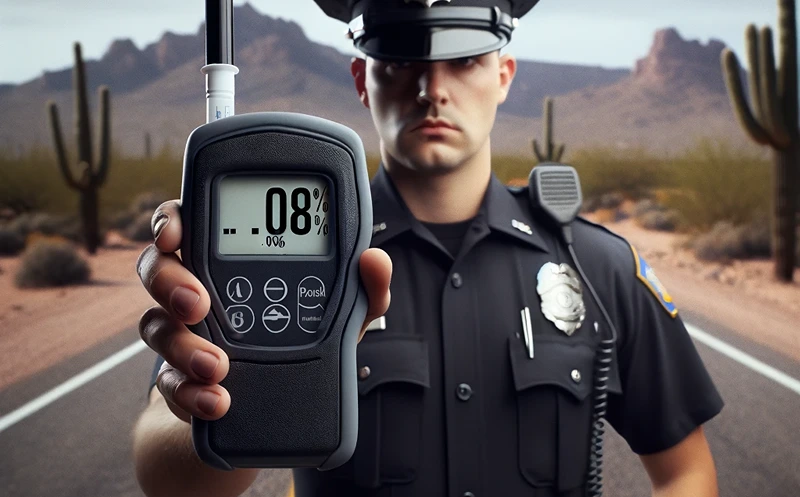
Opinion Article: Contesting a DUI Charge Based on a False Positive Breathalyzer Test
Imagine going out to dinner with friends, having a glass of wine with your meal, and then getting pulled over on the way home. The next thing you know, you're being charged with a DUI based on a breathalyzer test. But what if the test was incorrect? What if it gave a false positive? Should you have to face the consequences of a DUI charge if you were not actually impaired? These are questions that many people who have experienced a false positive breathalyzer test ask themselves. In this opinion article, we will delve into the issue of contesting a DUI charge based on a false positive breathalyzer test.
Calibration and Administration of the Test
The accuracy of a breathalyzer test depends on proper calibration and administration of the test. If the device is not calibrated correctly or if the test is not administered in accordance with the manufacturer's guidelines, the results may be inaccurate, leading to a false positive. Calibrations can be out of date, devices may not be used properly or devices may not have been maintained correctly. If any of these issues occur this may result in an inaccurate breathalyzer test.
Factors That Can Cause False Readings
There are many factors that can cause a breathalyzer test to give a false positive reading. For example, using mouthwash or breath fresheners, or having certain medical conditions or diets can cause false positive readings. It is also important to note that certain substances, like acetone (found in nail polish remover) and some types of paints and glues, can cause false positive readings. Regardless of the cause, a false positive breathalyzer test can have serious consequences, and it is crucial to understand your rights and options if you are facing a DUI charge based on a false positive breathalyzer test.
Questioning the Results
If you are facing a DUI charge based on a false positive breathalyzer test, it is important to know that you have the right to contest the results in court. You can challenge the accuracy of the test, including questioning the device's calibration and the administration of the test. An experienced DUI attorney can help you build a strong case by gathering evidence and presenting it effectively in court.
Possible defenses
In addition to questioning the accuracy of the breathalyzer test, there are other possible defenses that can be used to challenge a DUI charge based on a false positive. For example, a defense attorney might argue that the arresting officer did not have probable cause to pull you over, or that your rights were violated in some way during the arrest or testing process. Another argument might be that you had a medical condition that made it difficult or impossible for you to perform the field sobriety tests accurately, and that the officer's conclusions about your level of impairment were therefore incorrect.
The Importance of Legal Representation
If you have been charged with a DUI based on a false positive breathalyzer test, it is critical to seek the guidance of an experienced DUI attorney. Your attorney can help you understand your rights and options, and can work with you to build a strong defense. With the right legal representation, you may be able to avoid a DUI conviction and the serious consequences that come with it.
In Conclusion
A false positive breathalyzer test can have serious consequences, including the loss of your driver's license, fines, and even jail time. However, if you have been charged with a DUI based on a false positive breathalyzer test, it is important to know that you have options. By questioning the accuracy of the test results, working with an experienced DUI attorney, and building a strong defense, you may be able to avoid a conviction. If you are facing a DUI charge based on a false positive breathalyzer test, it is important to seek legal representation as soon as possible.
To learn more about contesting a DUI charge based on a false positive breathalyzer test, visit False Positive Breathalyzer.

Social Plugin